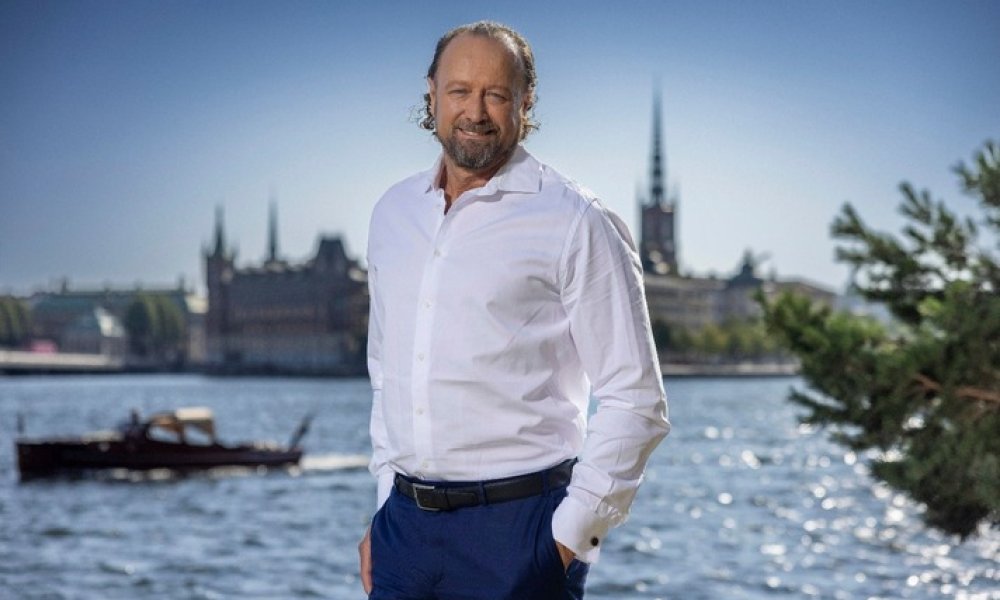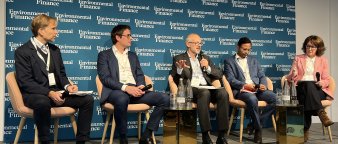The loss of biodiversity impacts both people and the environment, posing a direct threat to the economy. Reversing this trend is not just essential for preserving nature, but also for maintaining economic growth and stability.
Resource mobilization in the form of Official Development Funding (ODA) from developed to developing countries will be a key discussion at COP16. From Storebrand's perspective, governments also need to address alignment of financial flows alongside resource mobilization. It is also crucial that the role of business and finance in combating biodiversity loss remains a key part of the agenda, both before, during and after the conference.
"We want COP16 to address the financial prerequisites needed to create a level playing field, supporting companies and governments that do the right thing, and enabling us to make the best investment decisions," says Jan Erik Saugestad, CEO of Storebrand Asset Management. "Governments must ensure that national policies do not support activities that harm nature, such as environmentally harmful subsidies which urgently need to be reformed. Globally, these amount to at least USD 400 billion annually, with OECD countries being significant contributors."
As COP16 unfolds, the focus on aligning financial strategies with biodiversity goals is vital, ensuring that businesses, governments, and financial institutions work together to protect the planet’s resources and create a more sustainable economy.
"The loss of nature creates a new set of risks for governments, businesses, and us as investors" Saugestad explains. "We need better data and supporting policies and regulations to guide smarter and more sustainable investment decisions."
Follow the link for more of Jan Erik Saugstad's thought on the issue Opinion: Nordic countries urged to produce ambitious biodiversity plans (amwatch.com)







